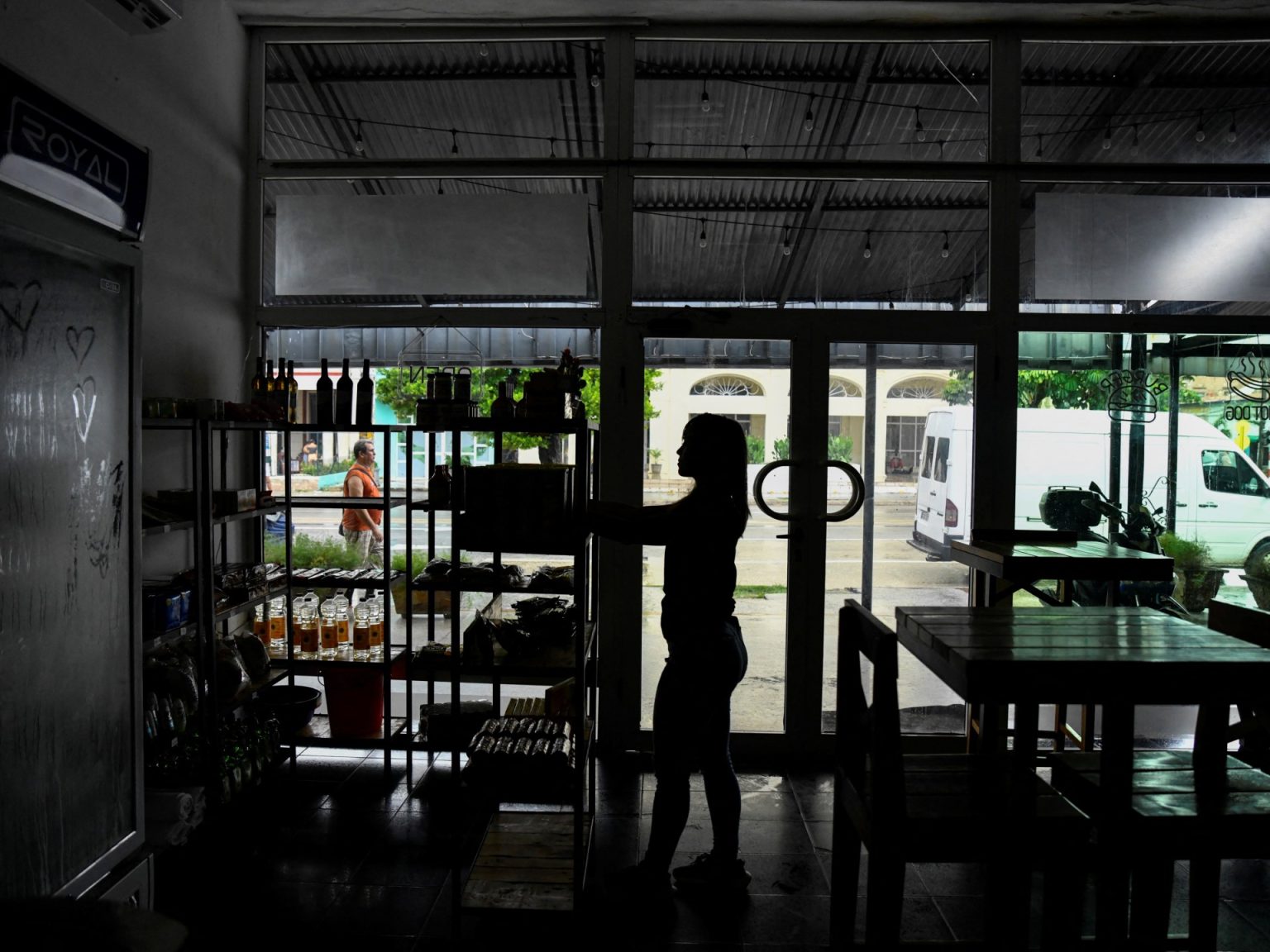Cuba is currently facing a severe energy crisis that has led to marathon blackouts across the country. Prime Minister Manuel Marrero announced that all non-vital state services and businesses would be halted for three days in an effort to conserve energy. This includes closing cultural activities, recreation centers, and public schools. The government declared a complete nationwide breakdown of the National Electric Power System, blaming the fuel shortage, deteriorating infrastructure, and rising demand for the energy shortfall.
The energy crisis in Cuba has been exacerbated by the country’s reliance on subsidized Venezuelan oil, which has become increasingly precarious due to Venezuela’s economic woes. Despite facing US sanctions and struggling to import fuel and other necessary resources, Cuba is not yet in a bottomless abyss, according to Marrero. Recent power outages have lasted up to 12 hours, with some areas experiencing electricity shortages for over 18 hours a day. The situation was worsened by Hurricane Milton, which disrupted fuel deliveries to power plants.
The Cuban government is planning to take its two largest power plants offline for maintenance as part of a long-term plan to revitalize the country’s infrastructure. In addition, floating Turkish power ships that provide significant electricity to Cuba ran out of fuel, further contributing to the energy crisis. Officials are hopeful that power generation will improve in the coming days as fuel is distributed across the island. Private businesses, which are high consumers of electricity, will soon face higher energy rates in an effort to conserve power.
The electricity crisis in Cuba has made life increasingly difficult for residents who are already suffering from shortages of food, fuel, water, and medicine. Over 600,000 people, around five percent of the population, lack regular running water. The country’s infrastructure and fuel needs are blamed for this issue. Additionally, reports indicate that violent crime, especially related to a new cannabis-based drug called “quimico,” is on the rise in Cuba. Despite these challenges, the government is working to address the energy crisis and improve the living conditions for its citizens.


